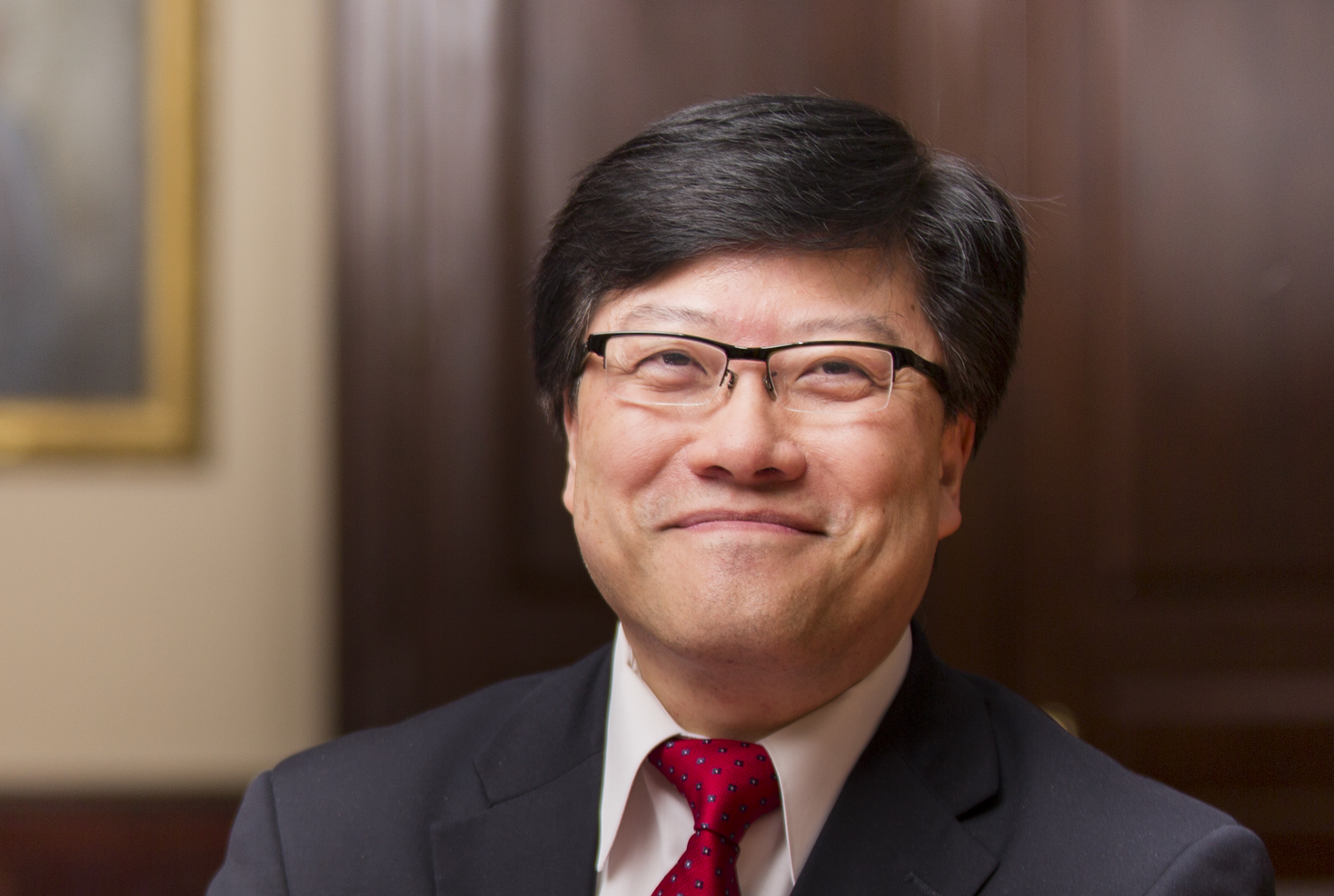A dynamic culture of mentorship should be raised to the level of a major strategic priority at academic medical centers to maximize their success, according to new commentary by administrators from Weill Cornell Medicine and the Association of American Medical Colleges.
The paper, published online Oct. 23 in Academic Medicine, contends that fostering faculty members’ professional growth through a “pervasive” mentorship culture can help those at all career levels meet the complex challenges confronting medical schools and teaching hospitals. Such a culture is distinct from existing models of mentorship because it aims with utmost efficiency to develop leaders in biomedical discovery, patient care and education, wrote the authors, Dr. Augustine M.K. Choi, the Stephen and Suzanne Weiss Dean of Weill Cornell Medicine, Dr. Jennifer Moon, director of Dean’s Office Initiatives at Weill Cornell Medicine, Dr. Ann Steinecke, senior director of Academic Affairs Programs and Engagement at AAMC, and Dr. John Prescott, chief academic officer at AAMC.
“As medical schools and teaching hospitals face reductions in government funding for research and increased competition for resources,” the authors said, “we believe that mentorship is a key strategy for developing the next generation of faculty leaders and promoting sustainability within institutions, in addition to having positive effects on individual faculty members.”
“This new culture of mentorship would seek to leverage an institution’s most valuable resource – namely, people – in order to maintain, if not accelerate, growth across the academic mission,” they said.
The commentary is Dr. Choi’s latest advocacy effort for mentorship, which he has described as “essential to fueling our pipeline of students, trainees and faculty” and has accordingly advanced as a prominent institutional priority under his leadership.
Weill Cornell Medicine faculty members have spearheaded an array of initiatives over recent years that combine grassroots and top-down approaches. These include a Mentorship Program for Women in Radiology, which eventually expanded to all first-year radiology residents due to its popularity and pairs them with more senior residents and faculty. In 2015, the Faculty Advancement and Research Mentorship (FARM) program emerged to provide personalized support throughout the grant writing process, garnering a funding success rate among participating Weill Cornell Medicine investigators of more than 60 percent.
The latest endeavor is the institution’s new Mentoring Academy, established by Dr. Choi in May to create mentoring teams connecting faculty with junior, senior and peer mentors while fostering collaborations among departments. Both large group and one-on-one sessions provide guidance on topics including how to obtain research grants, recruit staff and earn promotions, and set appropriate career milestones. This mentoring initiative joins others Dr. Choi founded this year to support institutional goals in diversity and inclusion, such as the Dean’s Diversity and Healthcare Disparity Research Awards, which provide research funding to Weill Cornell Medicine investigators whose work seeks to improve the health of women and underrepresented minorities and achieve health equity for people locally and globally. The new Dean’s Diversity Scholarships annually award full-tuition scholarships to two accepted medical students who have financial need and are from groups underrepresented in medicine. And the Elizabeth A. Wilson-Anstey Lecture, named in honor of Weill Cornell’s assistant dean of diversity and student life, will be awarded to a national leader in diversity who will serve as a keynote speaker during the institution’s annual Diversity Week each April.
Additional mentoring initiatives are also in the works. Dr. Choi is establishing monthly “Mentoring Chats with the Dean,” set to begin in January 2019, which will involve small-group mentoring sessions with the dean and six junior faculty members. He also has plans to expand Weill Department of Medicine initiatives that have successfully increased the number of NIH Research Career Development Awards – which provide institutional research training opportunities to those at the undergraduate, graduate and postdoctoral levels – into institution-wide programs for early-career faculty seeking to advance interests in research or education.
Academic centers can take key actions to imbue a culture of mentorship – which the commentary said would be “both cost-effective and impactful” – starting with pinpointing areas of need, such as more robust research, a stronger culture of safety or increased faculty diversity and retention.
“Successful mentorship programs,” the authors said, “would leave academic medical centers better equipped to advance their missions, extend the legacies of today’s senior faculty and ensure the professional longevity of the next generation of physicians, scientists and healthcare leaders."

